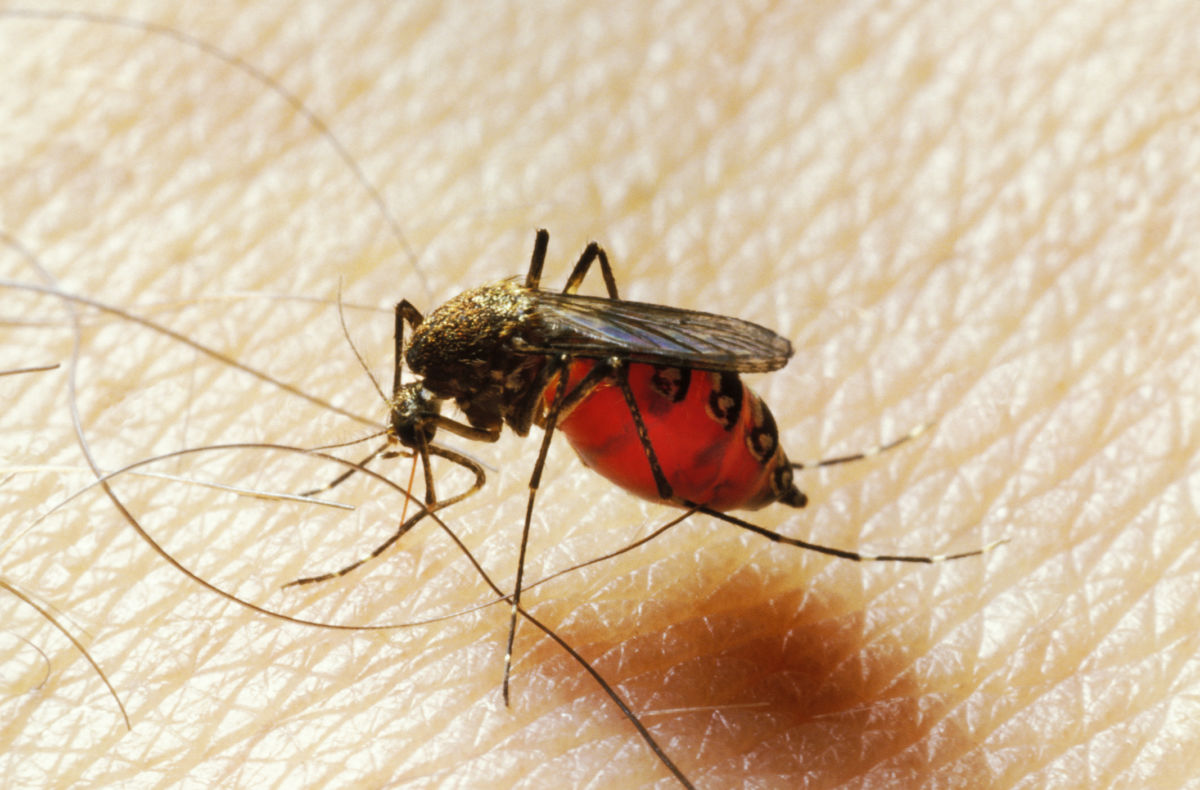Rising global temperatures could put half a billion more people at risk for tropical mosquito-borne diseases like chikungunya, dengue, yellow fever and Zika by 2050, according to a new study.
While a growing body of recent research warns the human-caused climate crisis will cause general worldwide “environmental breakdown,” a study published Thursday in the journal PLOS Neglected Tropical Diseases focuses specifically on a related public health threat: how a hotter world will enable disease-carrying mosquitoes to reach more people.
The study’s lead author Sadie Ryan of the University of Florida—joined by researchers from Georgetown University, Stanford University, and Virginia Tech—examined how projected temperature rise for 2050 and 2080 could impact the global distribution of the yellow fever mosquito (Aedes aegypti) and the tiger mosquito (Aedes albopictus).
The team estimates that currently, about six billion people are exposed for a month or more annually to climates suitable for those mosquitoes to transmit diseases. As temperatures climb, colder regions such as parts of Canada and Northern Europe will become more hospitable to mosquitoes, at the human population’s expense.
“Plain and simple, climate change is going to kill a lot of people,” coauthor Colin Carlson of Georgetown told Nexus Media News. “Mosquito-borne diseases are going to be a big way that happens, especially as they spread from the tropics to temperate countries.”
Lead author Ryan emphasized that public health experts should be preparing now for the outbreaks predicted to occur in new places over the next few decades. As the study explains:
Aedes-borne virus expansion into regions that lack previous exposure is particularly concerning, given the potential for explosive outbreaks when arboviruses are first introduced into naïve populations, like chikungunya and Zika in the Americas. The emergence of a Zika pandemic in the Old World, the establishment of chikungunya in Europe beyond small outbreaks, or introduction of dengue anywhere a particular serotype has not recently been found, is a critical concern for global health preparedness.
“These diseases, which we think of as strictly tropical, have been showing up already in areas with suitable climates,” Ryan noted, “because humans are very good at moving both bugs and their pathogens around the globe.”
For example, she told Nexus, “We’ve seen dengue showing up in Hawaii and Florida, then we saw Zika arrive in Florida and really grab public attention.”
While the study echoes warnings from past papers, Carlson pointed out the limitations of their research—especially given the rapid rate at which the planet is already warming.
“We’ve only managed to capture the uncertain futures for two mosquitoes that spread a handful of diseases — and there’s at least a dozen vectors we need this information on,” he said. “It’s very worrisome to think how much these diseases might increase, but it’s even more concerning that we don’t have a sense of that future. We have several decades of work to do in the next couple years if we want to be ready.”
Though their findings suggest a bleak future, Carlson was also optimistic about the potential for broader public health reforms.
“Facing something as massive as climate change gives us a chance to rethink the world’s health disparities, and work towards a future where fewer people die of preventable diseases like these,” he concluded. “Facing climate change and tackling the burden of neglected tropical diseases go hand-in-hand.”
Join us in defending the truth before it’s too late
The future of independent journalism is uncertain, and the consequences of losing it are too grave to ignore. To ensure Truthout remains safe, strong, and free, we need to raise $43,000 in the next 6 days. Every dollar raised goes directly toward the costs of producing news you can trust.
Please give what you can — because by supporting us with a tax-deductible donation, you’re not just preserving a source of news, you’re helping to safeguard what’s left of our democracy.
